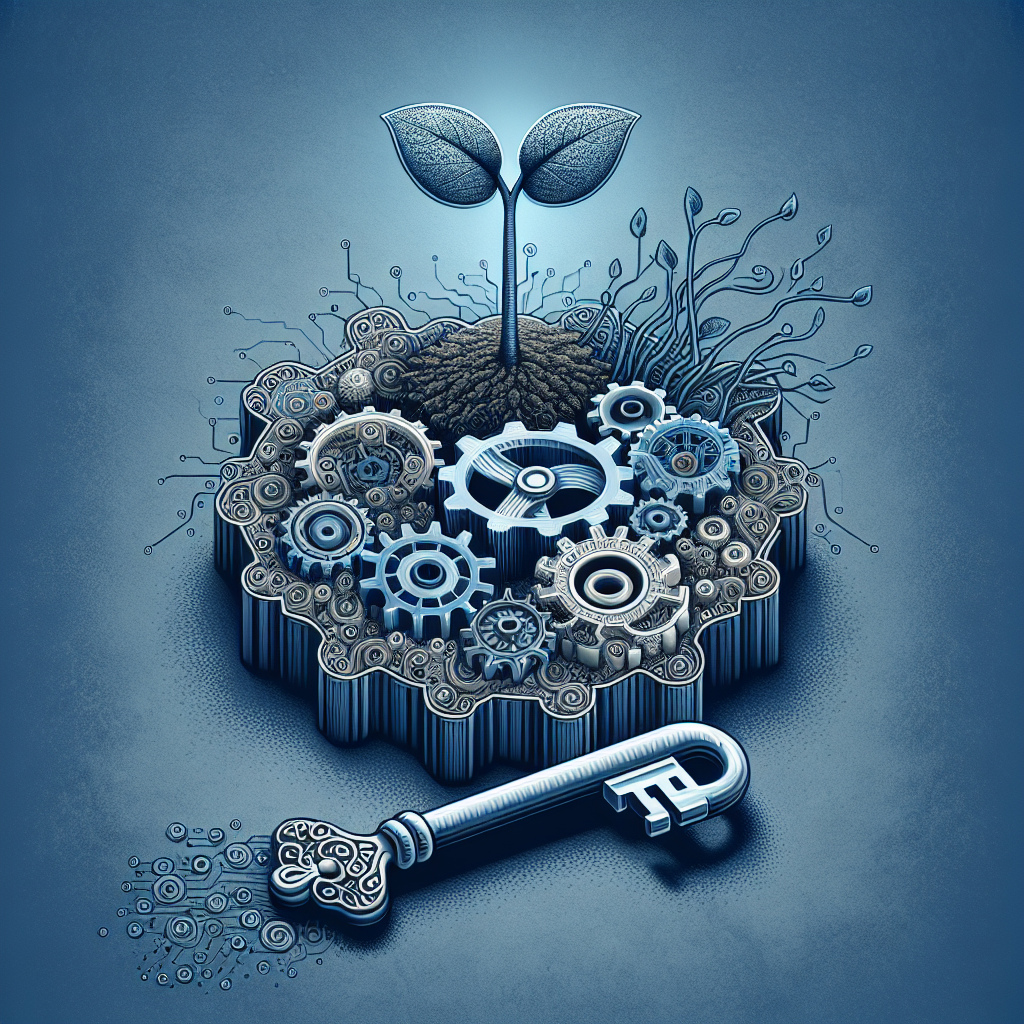Artificial Intelligence (AI) has become one of the most transformative technologies of our time, with the potential to revolutionize industries, drive innovation, and spur economic growth. However, the benefits of AI are not equally distributed, with large companies and tech giants often leading the way in AI development and deployment. This has led to concerns about the concentration of power and wealth in the hands of a few, as well as the potential for AI to exacerbate existing inequalities.
To address these challenges and unlock the full potential of AI, there is a growing movement towards democratizing AI – making it more accessible, inclusive, and equitable for all. By democratizing AI, we can empower individuals, businesses, and communities to harness the power of AI to drive innovation, create new opportunities, and solve complex problems.
Democratizing AI is not just about making the technology more widely available, but also about ensuring that it is used in a responsible and ethical manner. This includes addressing issues such as bias in AI algorithms, protecting privacy and data security, and promoting transparency and accountability in AI systems. By democratizing AI, we can build a more inclusive and sustainable future where everyone has the opportunity to benefit from the transformative power of AI.
The Key to Innovation and Growth
Democratizing AI holds the key to unlocking innovation and driving economic growth in the digital age. By making AI more accessible and affordable, we can empower entrepreneurs, startups, and small businesses to develop new products and services, enter new markets, and compete with larger companies. This can lead to the creation of new jobs, increased productivity, and higher levels of economic growth.
One of the main benefits of democratizing AI is that it can democratize access to data and computing power, which are essential for training AI models. By making data and computing resources more widely available, we can enable more diverse and inclusive AI applications that address a wider range of societal challenges. For example, AI-powered healthcare solutions can improve patient outcomes, reduce costs, and increase access to care for underserved communities.
Democratizing AI can also drive innovation by enabling collaboration and knowledge sharing among a diverse group of stakeholders. By creating open platforms, tools, and frameworks for AI development, we can foster a culture of innovation and entrepreneurship that accelerates the pace of technological progress. This can lead to breakthroughs in areas such as personalized medicine, autonomous vehicles, and smart cities that benefit society as a whole.
In addition, democratizing AI can help address some of the ethical and social challenges associated with AI, such as bias, discrimination, and job displacement. By promoting diversity and inclusion in AI development, we can ensure that AI systems are designed and deployed in a way that reflects the values and interests of a broad range of stakeholders. This can help build trust and confidence in AI technologies, leading to greater acceptance and adoption by the public.
Overall, democratizing AI is essential for unlocking the full potential of this transformative technology and harnessing its power for the benefit of all. By making AI more accessible, inclusive, and ethical, we can drive innovation, foster economic growth, and create a more sustainable and equitable future for everyone.
FAQs
Q: What does it mean to democratize AI?
A: Democratizing AI means making AI more accessible, inclusive, and equitable for all. This includes ensuring that AI technologies are widely available, affordable, and used in a responsible and ethical manner.
Q: Why is democratizing AI important?
A: Democratizing AI is important because it can unlock innovation, drive economic growth, and address societal challenges. By making AI more accessible and inclusive, we can empower individuals, businesses, and communities to harness the power of AI for the benefit of all.
Q: How can we democratize AI?
A: We can democratize AI by promoting diversity and inclusion in AI development, creating open platforms and tools for AI development, and addressing ethical and social issues associated with AI. By working together, we can build a more inclusive and sustainable future powered by AI.
Q: What are the benefits of democratizing AI?
A: The benefits of democratizing AI include driving innovation, creating new opportunities, and solving complex problems. By making AI more accessible and inclusive, we can empower a diverse group of stakeholders to harness the power of AI for the benefit of society as a whole.
In conclusion, democratizing AI is essential for unlocking the full potential of this transformative technology and driving innovation and growth in the digital age. By making AI more accessible, inclusive, and ethical, we can empower individuals, businesses, and communities to harness the power of AI for the benefit of all. By working together to democratize AI, we can build a more inclusive and sustainable future where everyone has the opportunity to benefit from the transformative power of AI.

